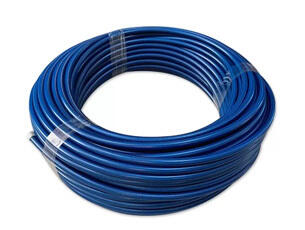
Төмөр хэрэгсэл бүхий зогсооны шугам санал болгох үйлдвэрлэгч, Hengshui BURK нь өөр өөр ашиглалттай тээврийн тулгуурдад зориулагдсан шийдлийг олгож байна. Компанийн инженерийн баг нь 3D моделигч, CAD програм хангамжийг ашиглан зогсооны шугамыг эзэнт газар хэрэгслийн үйлдвэрлэл, хуучин машинуудад эсвэл ихээхэн зориулагдсан тээврийн тулгуурдад дэлгэрэнгүй дизайнерлэдэг. Тэд нь стацainless, угасан төмөр, цус гэх мэт материал, багтаах замбарааны төрлүүд, хамгаалалтын цоололоор илүү сайн хэрэгслүүдийг үйлдвэрлэдэг. Үйлдвэрлэлийн арга нь CNC-ийн загварлах, хөршөөлөх, сул урвал хийх зэрэг аргаар зөв хэмжээнд байдаг. Загварлалтын захидалд хурдан холих замбараан, интегралчилсан сенсорууд, эсвэл том хэмжээний замбараануудыг оруулж болно. Үйлдвэрлэгч нь бага тооны үйлдвэрлэлийг хамгийн их хүссэн 7 настай прототипийг олгодог. Тэдгээрийн эзэнт газар хэрэгслийн шийдэл нь автомотор спортын тодорхой машинуудад, хуучин машинуудын дахин бэлтгэл, аж ахуйн тоног төхөөрөмжөөс ашигладаг.

Эрх засаг © 2025 HENGSHUI BRAKE HOSE MACHINERY CO.,LTD-д хүлээгдэнэ — Нууцлалын бодлого